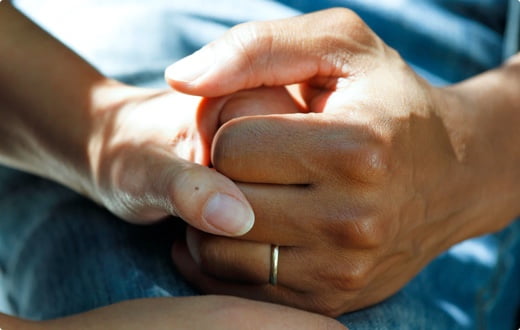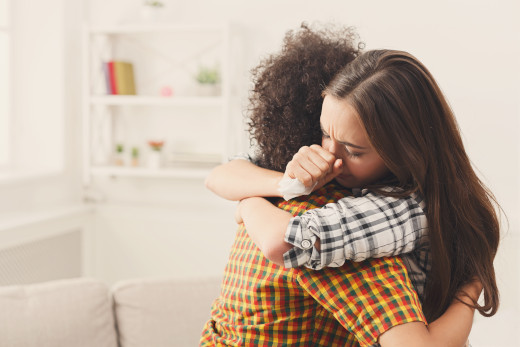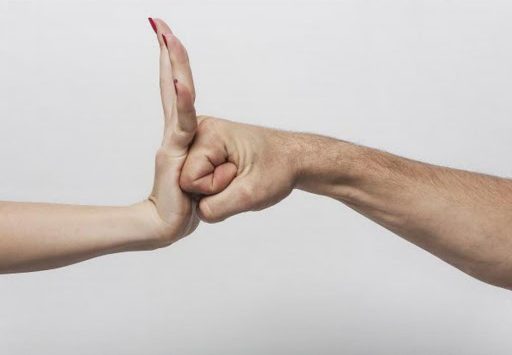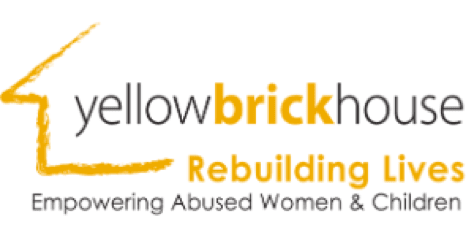A Friend In Need: What you can do
Whether it’s a woman in a domestic setting, a co-worker in the workplace, or a peer in a dating relationship, you can be the bridge to ending abuse. Here’s how:

Help your friend recognize the abuse
Ask questions and acknowledge the abuse that is happening. Tell your friend what you see, and tell her it’s not healthy and they don’t deserve to be treated that way. Help your friend recognize the abuser’s excuses for being violent are invalid. She does not control how her abuser will react to circumstances, and she is not the cause of those reactions. Let her know there is a likelihood that the situation can escalate and get worse.
Don’t judge
Validate your friend’s feelings by listening to what she wants, even if you don’t agree. If your friend wants to stay in the relationship, or is undecided or hopeful for change, try not to tell her that she is wrong. Abuse flourishes in silence, so the fact that she is talking at all is important. Keep your focus on your concern about her safety and self-esteem. Let her know she is worthy of more and keep the lines of communication open. Friends don’t give ultimatums. Not only can it endanger the trust she has given to you, but can sound like the threats she experiences from her abuser. Be cognizant of the emotional space your friend may be in, and seek to provide a calm and supportive alternative.


Participate: Help your friend with her safety plan and her exit plan
Help your friend focus on staying safe. Work with her on her safety plan, where the focus is on maintaining her safety and that of her children, or pets, or extended family. Having a safety plan can help save lives when moments count.
Be an active participant in her exit plan. There are a lot of details to take care of (see link) and your friend is going to need your help.
It’s not over when it’s over: Stay in touch
Keep in close contact with your friend; she may be feeling lonely, scared, embarrassed or angry. Your friend may want to get back together with her abuser. She may not feel strong enough to resist any pressure the abuser – or others who may not know the details – are putting on her. The risk of violence often increases after the victim leaves her abuser. It is important to remain vigilant with safety precautions.


When you and your friend are not yet 18:
Talk with your friend about telling parents or other trusted adults. Provide her with resources of local organizations that could help. If she won’t talk to an adult, then you must find an adult you trust to talk to about it. Ask your parents or a school counsellor, nurse, or administrator. Ask the adult to help, to reach out, to intervene. Talk to your friend’s parents about what is happening to your friend. Don’t assume that your friend’s parents know about the abuse.
Children’s Aid Society (CAS) now offers support services to youth ages 16-18 who are experiencing abuse. Call them at 1-800-718-3850 for 24/7 support.
If you become frightened or frustrated, get support from friends and family members or other adults:
Educate yourself about dating violence. You can’t rescue your friend by yourself. But with support from other resources, family or friends, you can calmly support your friend as she deals with the violence
in her life.

